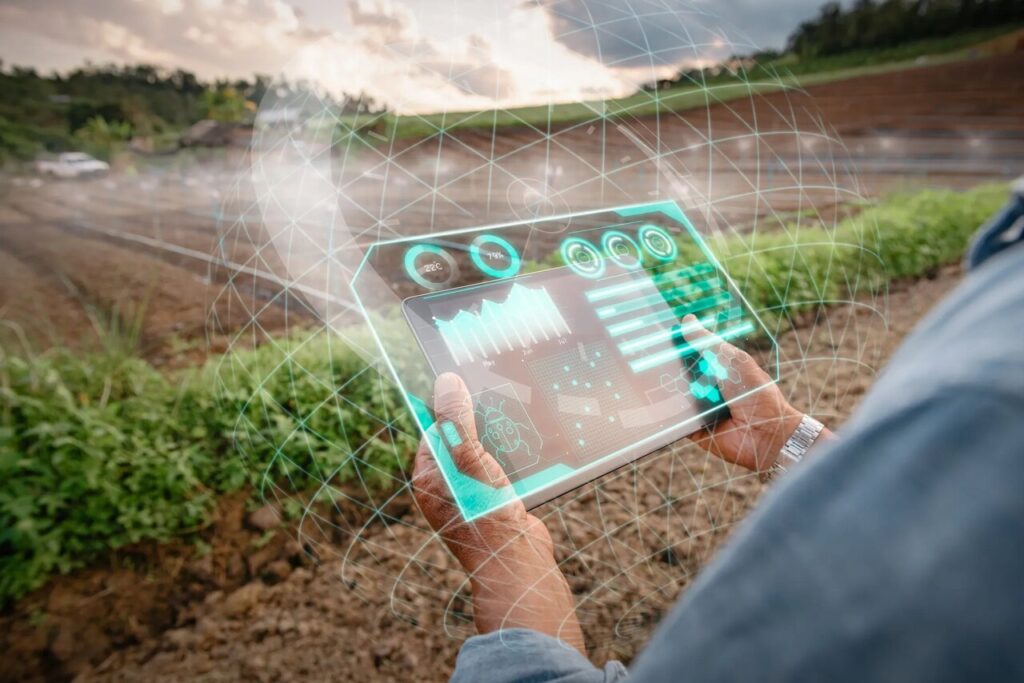Tehran – The world is at an important crossroads in the fight against hunger as it poses threats to global food security, threatening climate change, population growth and resource shortages.
This complex challenge has brought about unlikely heroes from Digital Revolution: Data Science. From vast industrial farms to small family plots, across the continent, quiet transformations take root as farmers leverage the power of information to grow food more intellectually.
Advanced sensors embedded in the soil accurately measure moisture and nutrient levels, while satellites orbiting overhead capture detailed images of crop health and create a living digital map of the planet’s agricultural heartbeat.
Artificial intelligence handles this constant stream of data, provides farmers with real-time insights that are unimaginable just a decade ago, predicting pest outbreaks before they occur, calculates the exact moment when the crop reaches peak aging, suggesting which variety will flourish, and weather patterns will change.
This impact is already measurable in places like drought-hit regions in Africa where mobile apps provide personalized agricultural advice to smartphones, and will help subsistence farmers protect their livelihoods from increasingly unstable rains.
Meanwhile, food distribution networks are quietly revolutionizing the way machine learning algorithms move food from fields to tables, reducing the heartbreaking waste that almost a third of world food production considers to never reach hunger. But because of all of its promises, this technological revolution faces a subdued reality. Digital disparities leave many small farmers behind, and the algorithms cannot magically create water in dry soil or instantly restore declined farmland.
The true potential lies in combining generational agricultural knowledge with cutting-edge insights, rather than replacing traditional agriculture wisdom.
One truth is revealed as researchers strive to democratize these tools, and policymakers tackle data ownership and equity issues. Data science alone will not solve world hunger, but it may provide the smartest tool that humanity has ever had to cultivate a smarter future.

